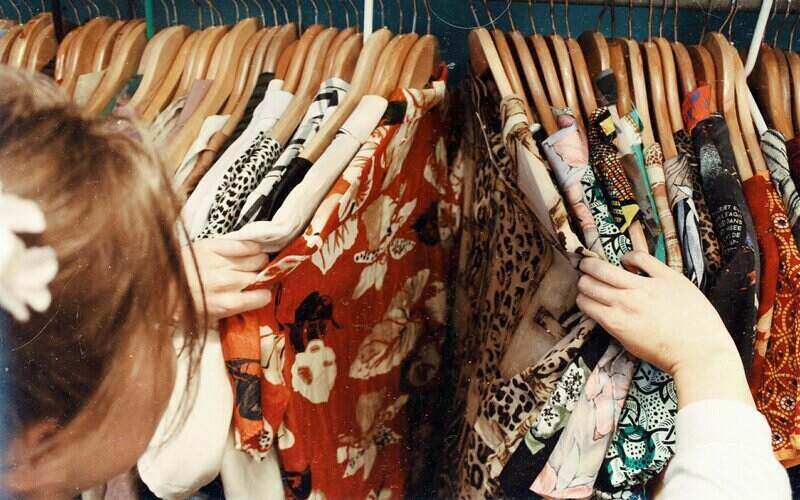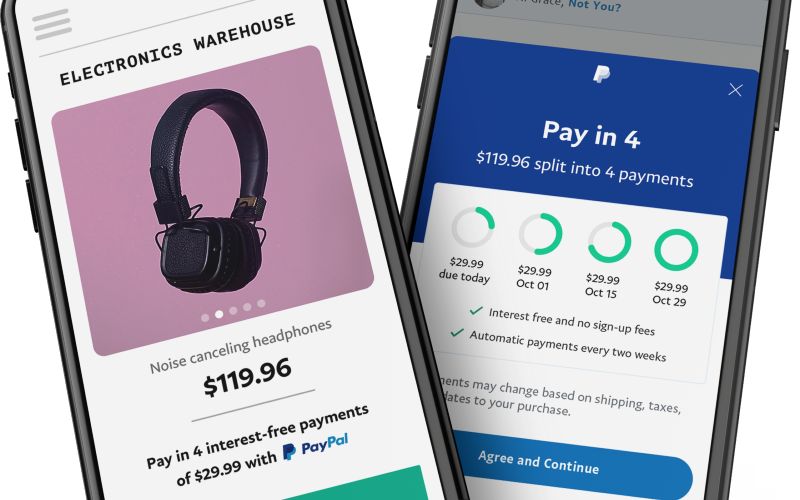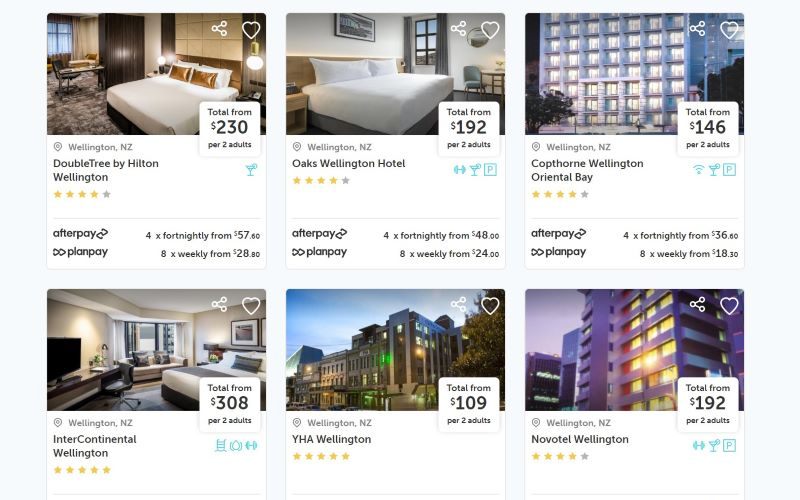The survey was commissioned by buy now pay later (BNPL) provider Openpay, with a sample size of 1,000 Australians aged 24 to 44.
Millennials are generally the age bracket born 1981-1996.
However, the survey also revealed older generations' hesitancy about BNPL services, with half of respondents' parents cautious about the service.
Openpay CEO Michael Eidel outlined ways to mitigate BNPL risk.
"Doing a rigorous credit risk assessment on each customer is vital so that each plan provided, and any subsequent plans requested, are suitable for the individual and comfortably within their means," Mr Eidel said.
"I’m a firm believer that the onus is squarely on us as an industry to make sure every customer is fully aware how BNPL works and what terms they are agreeing to.
"Being completely transparent on the fees and repayment dates from the get-go is so important - if people have all the information up front, it can really help them feel in control and confident in using this as a money management tool."
According to Openpay consumer data, usership from the Gen X and Baby Boomer generations is up 33% since the start of 2020.
This has coincided with a general drop in credit card debt outstanding over the past decade or so.
However, payments expert and former Diners Club and Citi executive, Grant Halverson, cast doubt over the true popularity of BNPL.
"The 'older' Australians' views are based on lived experience and the old adage 'if it looks to good to be true it clearly isn't'," he told Savings.com.au.
"Australian consumers since 2008/9 have moved to 'cash' use (note the New Payments Platform since 2018) and debit cards in particular - now spending $1.27 trillion using debit and NPP versus $11 billion on BNPL."
March 2021 figures from the Reserve Bank show credit card and debit card spending still dwarfs that of BNPL.
Monthly spend per customer on credit cards was $1,230; debit cards $806; and $48 to $58 per billing period spent on BNPL.
"BNPL ‘bills’ consumers every 12-14 days - it’s still a paltry amount per bill, yet this is the 'great new thing' in payments and you [merchants] can only get a $50 sale per bill?," Mr Halverson quipped.
See Also: Would or Should BNPL Providers be Credit Regulated?
The mental benefits of managing finances
Two fifths of Openpay's survey respondents said being on top of their finances is 'incredibly important' to them, while 40% also said their cashflow can impact their mood.
Eight in 10 Millennials believe managing their finances can improve self esteem and reduce anxiety.
Mr Eidel also pointed to the benefits of younger people getting on top of their finances.
"Financial independence and stability is what many of us strive for," Mr Eidel said.
"Having different budgeting strategies on hand in case an unexpected cost occurs, or your financial circumstances change, can help to bolster confidence and reduce stress levels."
Photo by Towfiqu Barbhuiya on Unsplash



 Brooke Cooper
Brooke Cooper

 Hanan Dervisevic
Hanan Dervisevic
 Emma Duffy
Emma Duffy
 Harrison Astbury
Harrison Astbury

